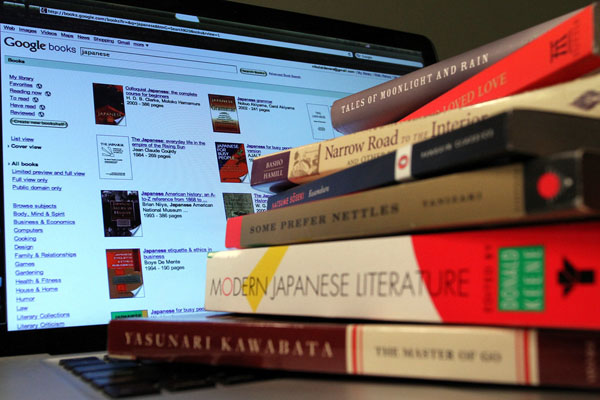Out With The Old?

October 22, 2013
Did that leather wallet sitting in your back pocket just get lighter? If textbooks were recently purchased, then the answer is yes. Not only do students at Presbyterian College have tuition costs of roughly $42,000 a year, but they are also expected to pay at least a hundred bucks a semester on textbooks. Most students consider this prospect to be outrageous, especially when some textbooks are never touched. Even some teachers recognize that asking students to expend such exorbitant amounts of cash for a textbook that will have its cover cracked maybe two or three times a month is unfair.
Cara Blankenship, a sophomore, and her fellow piano classmates had this problem. “My teacher wanted us to get a book of piano music, and luckily I didn’t buy it because we never looked at it.” This was not just a one-time occurrence for her, either.
“In Physical Education, the online book store said that I needed to buy a textbook for the class, but on the first day she said we didn’t need it. The people who had already bought the relatively expensive book were out of luck,” Blankenship said.
While textbooks are expensive, having a text to refer back to and help clarify any confusion from class notes can be quite helpful, though probably not $150 worth of helpful. Most teachers would agree that textbooks are outrageously expensive, and some faculty have even found a way around making their students shovel out loads of cash.
Dr. Cosby uses online sources that he finds in various archives, or copies from primary source documents and puts readings up on Moodle.
“I find that the textbooks can be kind of dry and tell the story the authors want to tell. We can focus on a specific issue with the primary sources and I like the personal stories that they share,” Cosby said. He has a class copy of the textbook on reserve at the library in case any students want to read and clarify the information given out in class, but “if you are not going to do it anyways, I’m not going to make you spend a hundred dollars.”
Dr. Wiecki also has a problem with how much the textbooks cost and has found a way to battle the rising prices. Instead of making his students buy the latest editions, he actually prefers the cheaper, older versions.
“If older textbooks are usable, why not use perfectly fine books that cost less to cut down on expenses? That is the best way to cut down on cost,” Wiecki said. “I use primary and secondary source textbooks and from what I could see, they changed very little between editions. The newer editions actually take important content away, so I prefer the older versions.”
In the scientific field, there is more of a need for keeping textbooks up to date because of new discoveries and breakthroughs. However, the previous Biology textbook from last semester lasted five years before Dr. Inman and his fellow faculty decided to go for a more updated text at the start of this school year.
“Personally, I’m torn to keep the older edition because it was easier and I had all of my lectures and power points prepared but in science, we have to be more aware of new information that comes out,” Dr. Inman said. “I do like using a textbook for class, though. There is a continuity of the idea that writer has and the readers get familiar with the author instead of having multiple styles of writing and authors.”
Even teachers understand the struggle behind finding the best edition and prices for textbooks, and many have worked hard to compensate for the ever growing list of pricier new texts available.




